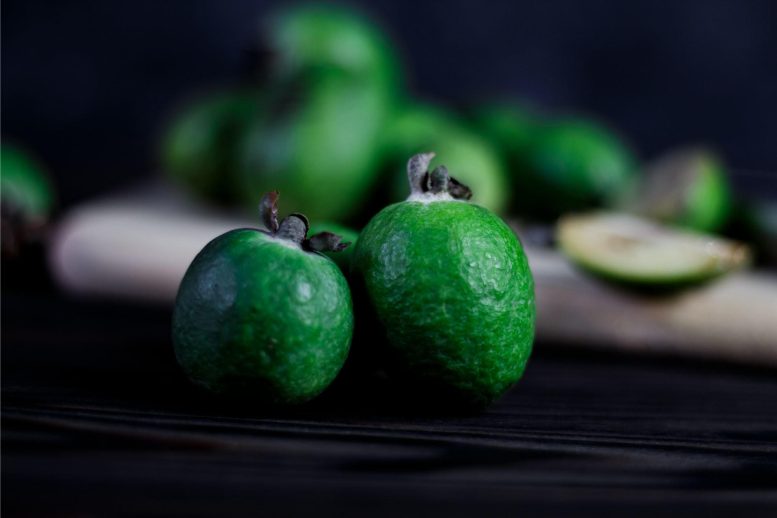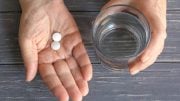
Scientists at the University of Auckland are conducting a study using feijoa powder to aid weight loss and reverse pre-diabetes, aiming to prevent type 2 diabetes in at-risk adults.
Often referred to as the “People’s Fruit,” is it possible for the humble feijoa to help prevent type 2 diabetes?
Can the humble feijoa help the world tackle type 2 diabetes? University of Auckland scientists are investigating.
As over 200,000 individuals in New Zealand are affected by type 2 diabetes, finding preventative measures is crucial in addressing this significant health challenge. Could a solution be found growing in New Zealand backyards?
The feijoa study, named FERDINAND, is a six-month weight-loss and maintenance program, during which adults with raised blood sugar will be given about a gram of whole-fruit feijoa powder (or a placebo) each day.
Principal Investigator and self-described ‘feijoa addict’ Associate Professor Jennifer Miles-Chan is excited about the potential of feijoa powder to reverse pre-diabetes. “In theory, the feijoa powder will boost the benefits of weight loss, leading to improvements in blood sugar levels.”
A short-term study in Iran pointed to the benefits of feijoa for patients with type 2 diabetes. FERDINAND will build on that study as the world’s first long-term clinical trial into the benefits of feijoa with an aim of reversing the risk of diabetes in those with pre-diabetes (people with high blood sugar, but who do not yet have diabetes).
In the first two months of the study, participants will likely lose five to ten percent of their weight through a free meal replacement program – think soups, shakes, and porridge, but also pasta and rice dishes – overseen by a Registered Dietitian. The following four months will focus on maintaining this weight loss.
Participants should be overweight or have obesity, aged between 18 and 70, and at high risk of type 2 diabetes (but not have diabetes) based on a fasting blood glucose test.
“We are really wanting to help those people who are on the borderline of developing diabetes to lower their risk, yet many people may not be aware their blood sugar levels are high,” says Miles-Chan. “So you don’t need to already know if you have pre-diabetes. We can test that for you.”
As well as the potential to reverse their diabetes risk and the many benefits of weight loss, participants will discover more about their health. “Participants will get extensive diet and weight loss advice, detailed blood tests, body composition scans and glucose checks. An added benefit is the two months’ worth of free meals,” says Miles-Chan.
Supported by the High-Value Nutrition National Science Challenge (Ko Ngā Kai Whai Painga), the study is being conducted by the University’s Human Nutrition Unit in collaboration with AgResearch, the Malaghan Institute and Plant and Food Research.
To find out more about participating in the trial, email [email protected]









Be the first to comment on "Could Feijoas – the “People’s Fruit” – Help Prevent Diabetes?"